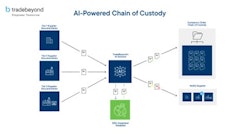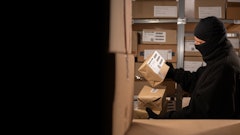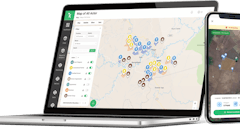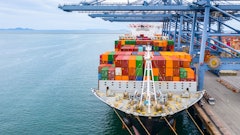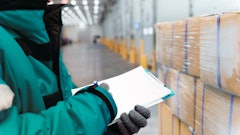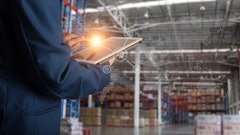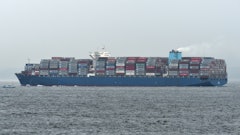A recent Sustainable Foods Summit held in São Paulo, Brazil, attracted 140 senior executives who gathered to discuss various topics with the main focus of attention on sustainability and certification. Luis Fernando Pinto from Imaflora told the assembled delegates that the high inspection and certification costs and accompanying bureaucracy of multiple standards was proving a major barrier for sustainable food production.
Sustainability is high on the agenda for Brazilian food companies and retailers, however their priorities differ from those in other regions. Biodiversity, especially the preservation of the Amazon, is of particular importance in the country. Packaging, waste reduction, and renewable energy are also key sustainability issues. However, sustainable agriculture, food waste, local markets and transparency in supply chains are areas that warrant greater attention.
While harmonization or mutual recognition of standards was discussed as the best way to move forward, Augusto Freire of Cert ID likened the elusive solution to the Loch Ness monster, saying “everyone is talking about it, but no one sees it”.
The challenge of developing internal markets for sustainable foods within Latin America is a major hurdle to clear according to Ming Liu from IPD Organics in Brazil, because consumer knowledge of organic and sustainable products is lacking.
“Although consumers are aware, few could correctly state what organic production means,” said Liu.
About a third of the Brazilian organic products market is supplied by imports.
Executives from WalMart said zero waste, renewable energy and sustainable products were its key priorities in the region. The retailer has also made pledges to source sustainable soy, beef and wood in Brazil.
Pão de Açúcar, meanwhile, is focusing on marketing sustainable foods under its private label. Its Taeq brand is leading in terms of organic food sales. The supermarket has also introducing a reverse logistics program that removes packaging from waste streams.
To read more, click HERE.




